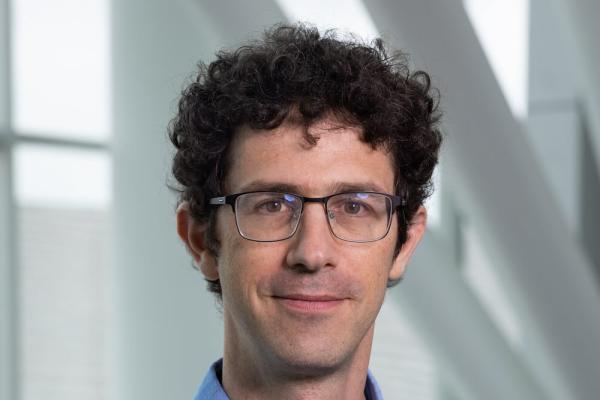ABSTRACT
As artificial intelligence becomes an active force in creative domains, the boundaries between artist, audience, and machine blur. This talk explores three AI-driven projects—KEKE Terminal, Botto, and Sasha Stiles' AI collaborator Technelegy—and examines how they compare to historical artistic movements such as jazz improvisation, Happenings, live coding, and generative art. Through these comparisons, Armstrong will investigate AI's role as an autonomous creative agent, the function of community participation, and the shifting dynamics of authorship. KEKE Terminal operates as an autonomous AI artist, generating ideas without human direction. Botto functions as a generative artist guided by decentralized community curation. Sasha Stiles' poetic collaborations challenge traditional notions of literary authorship and raise questions about what it means to be human in an era of rapid technological transformation. Through these case studies, Armstrong will consider the broader implications of AI-driven art relating to questions about whether creativity is inherently human, or whether machines can participate meaningfully in the creative process.
BIO
Kate Armstrong is a Vancouver-based artist, writer, and independent curator with over 20 years of experience in the cultural sector with a focus on intersections between art and technology. As a curator she has produced exhibitions, events and publications internationally. She founded the early internet art organization Upgrade Vancouver, collaborated with the Goethe Institut to develop the nomadic project space Goethe Satellite, and was an Artistic Director of the 21st International Symposium on Electronic Arts. Armstrong has served as president of the board of directors at Western Front, curator and board member at New Forms Festival, and is currently Trustee and Chair of the Acquisitions Committee at the Vancouver Art Gallery. Renowned as a pioneer in generative literature, her work spans generative text and image systems, speculative fiction, blockchain text-poetry, video, dynamic graphic novels, and location-aware fiction, among other conceptually driven hybrid forms. She has exhibited her work internationally at the Contemporary Art Centre (Vilnius, Lithuania), Psy-Geo-Conflux (New York), Akbank Sanat (Istanbul, Turkey), and was included in Dreamlands: Immersive Cinema and Art 1905–2016 at the Whitney Museum. She was part of Poeme Objkt Subjkt curated by the Verseverse for L'Avant Gallerie Vossen in Paris, which was shortlisted for the 2023 Lumen Prize in Crypto Art, and showed as part of Reimagine Tomorrow, 1954-2024 curated by EXPANDED.art at the first AI Biennale in 2024 in Essen, Germany. Armstrong's artworks are held in collections including Rhizome, the Rose Goldsen Archive at Cornell University, and the Library of the Printed Web. As Director of Living Labs at Emily Carr University of Art + Design she specialized in cross-sector partnerships and founded the Shumka Centre for Creative Entrepreneurship, which helps emerging artists and designers realize complex real-world initiatives, with the goal of updating our broader cultural, social, and economic understanding of the impact art and design-led activities can have in the public sphere. Her current work and research about impacts of AI on art and design can be found at https://aifutures.substack.com/.

